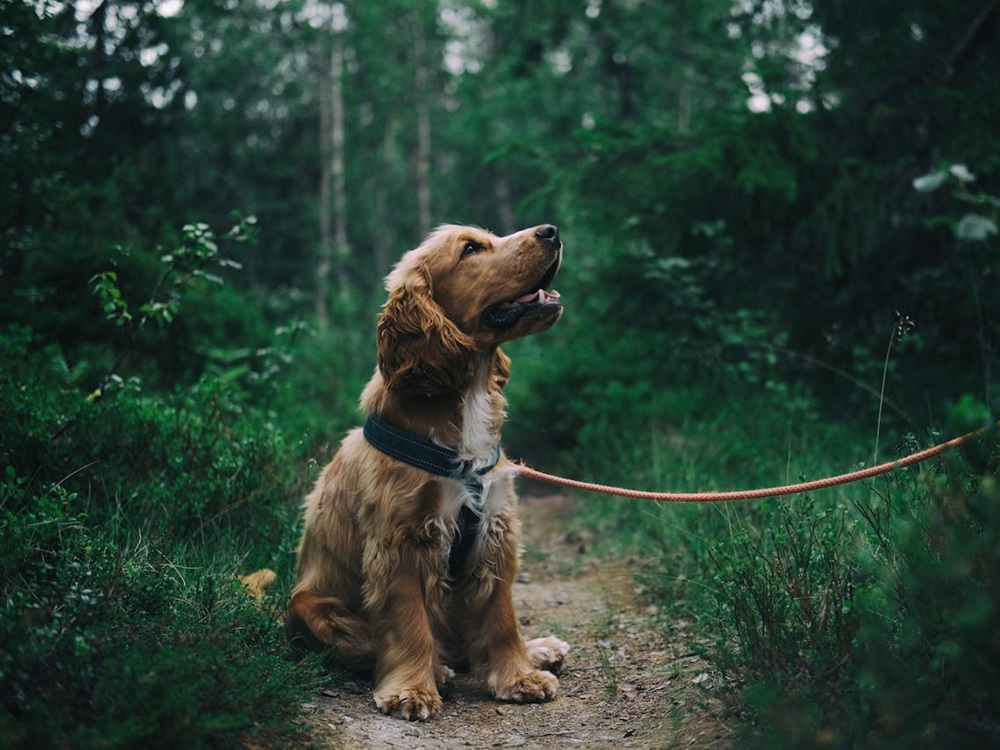January is the perfect time to focus on health and well-being, for both humans and pets.
If your dog is carrying a few extra pounds, it’s important to address the issue to improve their quality of life and reduce the risk of health problems. Here’s how you can help your furry friend achieve and maintain a healthy weight.
Why Maintaining a Healthy Weight is Crucial
Excess weight can lead to serious health problems in dogs, such as:
•Joint and mobility issues
•Heart disease
•Diabetes
•Reduced lifespan
By keeping your dog at a healthy weight, you’re giving them the best chance for a long, happy and active life.
Signs Your Dog Might Be Overweight
•Difficulty feeling their ribs under a layer of fat
•A lack of a defined waist when viewed from above
•Low energy levels or reluctance to exercise
•Panting excessively even after light activity
If you’re unsure, always ask your vet for a body condition assessment.
Steps to Help Your Dog Lose Weight
1.Consult Your Vet
Before starting any weight-loss plan, consult your vet to rule out underlying health issues and get personalised advice.
2.Measure Their Food
Use a measuring cup or kitchen scale to ensure you’re feeding the correct portion size based on your dog’s ideal weight.
Avoid free-feeding (leaving food out all day).
3.Choose High-Quality, Weight-Management Food
Look for foods labelled for weight management, which are lower in calories but still provide essential nutrients.
4.Limit Treats
Treats should make up no more than 10% of your dog’s daily caloric intake.
Opt for low-calorie treats or use fruits and vegetables like carrots or apple slices (but avoid toxic foods like grapes).
5.Increase Exercise
Start with short, frequent walks and gradually increase duration and intensity.
Engage in fun activities like fetch or swimming to make exercise enjoyable.
6.Monitor Progress
Weigh your dog regularly (every 2-4 weeks) to track their progress.
Adjust their diet and exercise plan as needed, ideally with guidance from your vet.
Important: Avoid Crash Diets
Never put your dog on a crash diet or severely restrict their food intake without veterinary supervision. Rapid weight loss can lead to serious health issues, such as liver problems.
Maintaining a Healthy Weight
Once your dog reaches their ideal weight, focus on maintaining it by continuing good habits:
•Regular exercise
•Consistent portion control
•Routine vet check-ups
Helping your dog lose weight is a team effort that requires patience and commitment. By taking these steps, you’ll not only improve your dog’s health but also strengthen the bond you share. If you need support or advice, reach out to your vet or a canine nutritionist.
Have you helped your dog lose weight? Share your tips and success stories on our Facebook page to inspire other pet owners!








